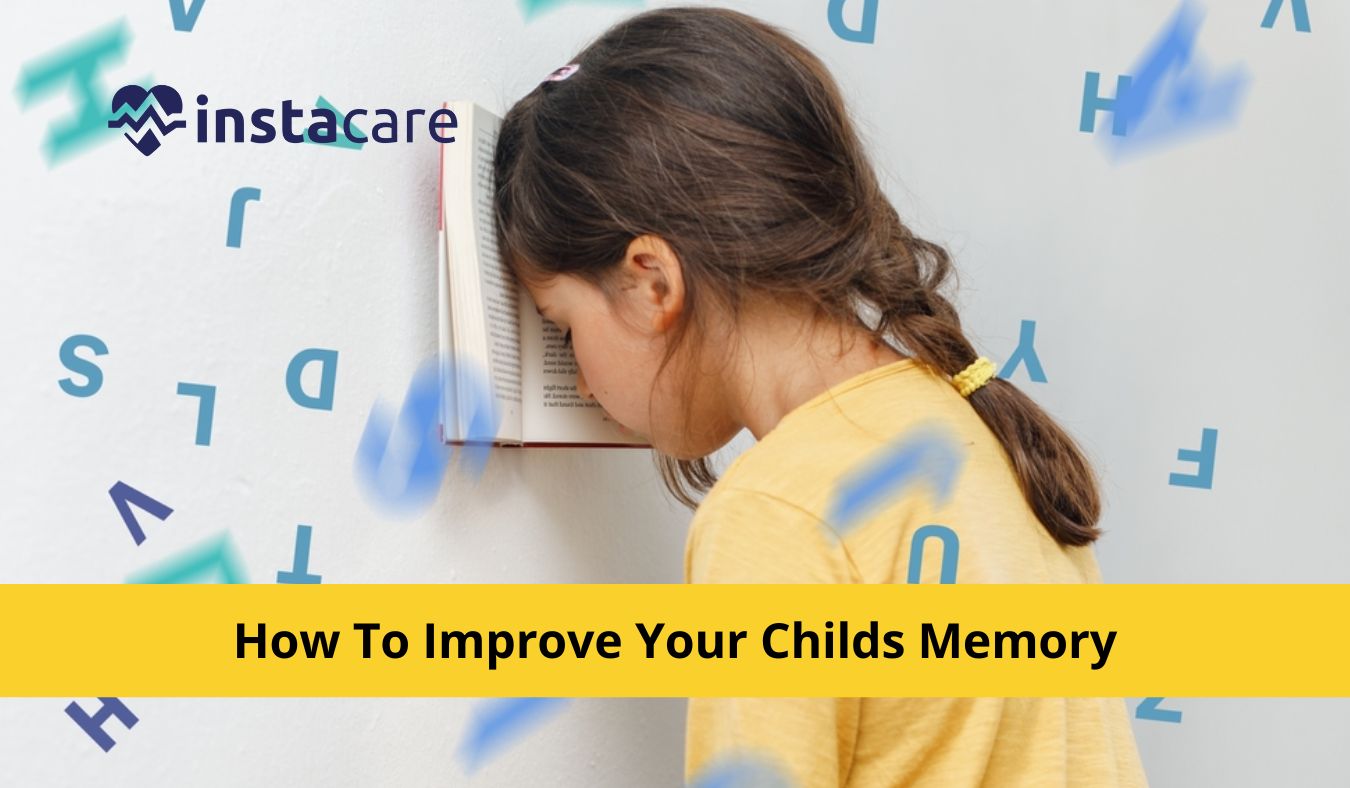Memory plays a vital role in a child's learning and
development. A strong memory supports academic success and helps with
problem-solving, creativity, and overall cognitive growth. As a parent or
caregiver, you can actively contribute to improving your child's memory through
various strategies and techniques.
Memory plays a crucial role in a child's academic success
and overall cognitive development. As a parent, you can actively support and
improve your child's memory through various strategies and activities.
Here are some practical approaches to help boost your child's memory capabilities:
1- Create A Supportive Learning Environment
A conducive environment significantly impacts memory
retention. Ensure a quiet, organized, and well-lit study space where your child
can focus without distractions. Keep the area clutter-free and equipped with
necessary study materials.
2- Establish A Consistent Routine
Consistency aids memory retention. Set a regular schedule
for study, play, and rest. A structured routine helps the brain anticipate
learning times, making it more receptive to information.
3- Encourage Active Engagement
Passive learning often leads to forgetfulness. Encourage
your child to engage with the material actively. This can be achieved through
discussions, asking questions, and teaching others, reinforcing memory
retention.
4- Utilize Multisensory Techniques
Incorporate multiple senses into learning experiences.
Combine visual aids, hands-on activities, and verbal explanations. This
approach enhances memory by forming numerous connections in the brain.
5- Teach Mindfulness And Relaxation
Stress can negatively impact memory. Introduce mindfulness
and relaxation techniques, such as deep breathing or meditation, to help your
child manage stress and maintain optimal cognitive function.
6- Foster Healthy Sleep Patterns
Adequate sleep is essential for memory consolidation. Ensure
indeed your child gets the recommended amount of sleep for their age.
Consistent sleep patterns aid in memory storage and retrieval.
7- Break Information Into Chunks
Present information in manageable chunks. This strategy,
known as chunking, helps the brain process and remember information more
effectively, preventing cognitive overload.
8- Make Use Of Mnemonics
Mnemonic devices are memory aids that link new information
to familiar concepts. Encourage your child to create acronyms, rhymes, or
visual associations to remember complex information.
9- Encourage Regular Review
Information retention improves with periodic review.
Encourage your child to revisit previously learned material at spaced
intervals. This strengthens memory and prevents forgetting.
10- Establish Clear Learning Goals
Set specific learning objectives for each study session.
Having clear goals helps your child's brain focus on important information and
retain it more effectively.
11- Promote Healthy Nutrition
Nutrition impacts brain health. Ensure your child consumes a
balanced diet rich in indeed nutrients like Omega-3 fatty acids, antioxidants,
and vitamins that support cognitive function.
12- Engage In Physical Activity
Physical exercise indeed boosts blood flow to the brain,
enhancing memory function. Encourage your child indeed to engage in regular
physical activities to support optimal cognitive development.
13- Encourage Social Interaction
Social interactions stimulate memory recall. Please
encourage your child to discuss what they've learned with peers or family
members, reinforcing the information through verbalization.
14- Introduce Memory Games And Puzzles
Engage your child in memory-enhancing games like memory
cards, puzzles, crosswords, and Sudoku. These activities challenge the brain
and improve memory retention.
15 Connect Learning To Real-Life Experiences
Please help your child relate new information to their
everyday experiences. Associating concepts with real-life situations helps
create stronger memory connections.
16- Provide Positive Reinforcement
Positive feedback motivates children to engage actively in
learning. Acknowledge your child's efforts and successes, fostering a positive
attitude towards memory improvement.
17- Limit Screen Time
Excessive screen time can indeed negatively impact memory
and attention span. Set reasonable limits on screen usage to ensure a healthy
balance between technology and cognitive development.
18- Read Together Regularly
Reading together stimulates memory and language development.
Choose age-appropriate books and discuss the story, characters, and themes.
19- Cultivate Curiosity
Please encourage your child's curiosity about the world
around them. Exploring new topics and asking questions stimulates brain
activity and enhances memory.
20- Be A Role Model
Your behavior influences your child's habits. Demonstrate
effective memory techniques in your activities, showcasing the importance of
continuous learning and memory enhancement.
21- Encourage Creative Expression
Engage your child in artistic activities such as drawing,
painting, or music. Creative expression stimulates different brain areas,
enhancing memory and cognitive development.
22- Teach Visualization Techniques
Guide your child in using their imagination to visualize
concepts they're learning. Creating mental images helps solidify information
and makes it easier to recall.
Conclusion
Improving your child's memory involves creating a supportive environment, using active learning techniques, fostering healthy habits, and employing various strategies that cater to their learning style. By consistently implementing these strategies, you can help your child develop strong memory skills that will indeed benefit them throughout their academic journey and beyond.


